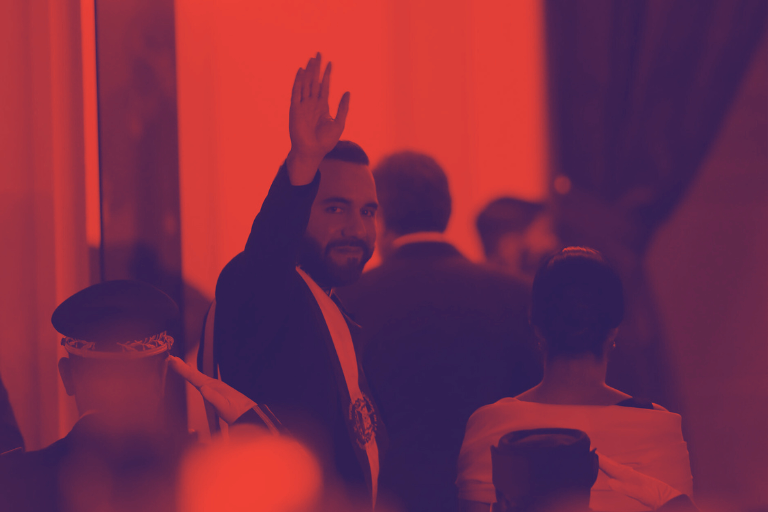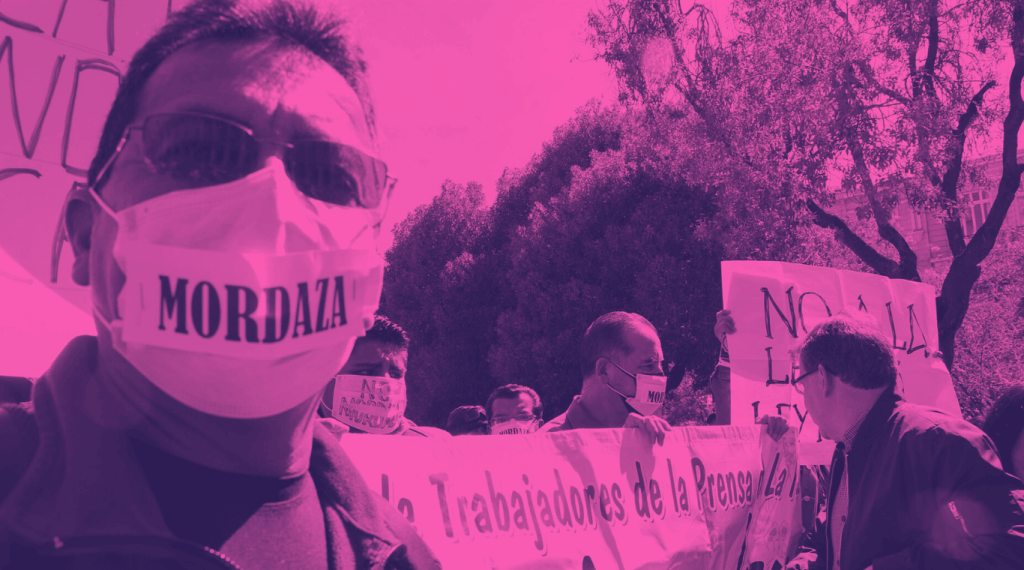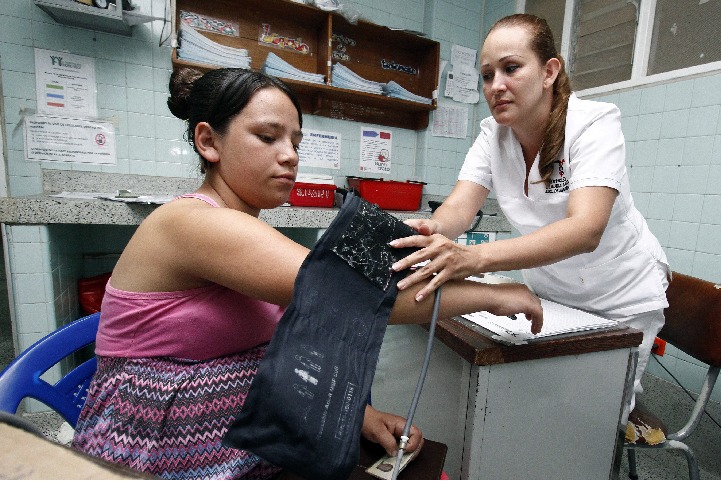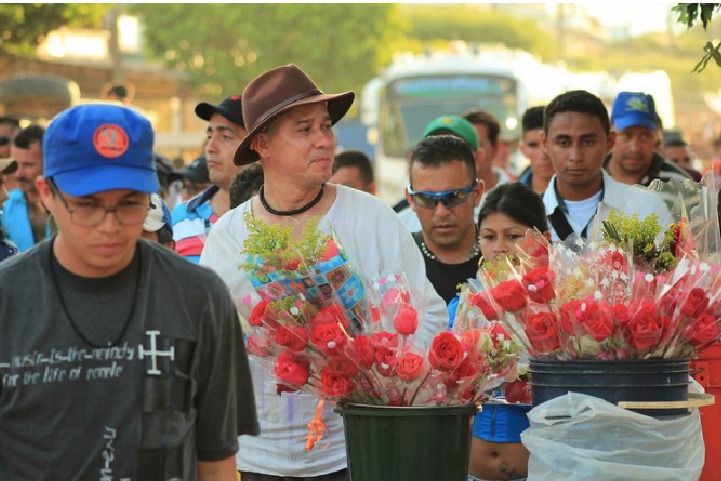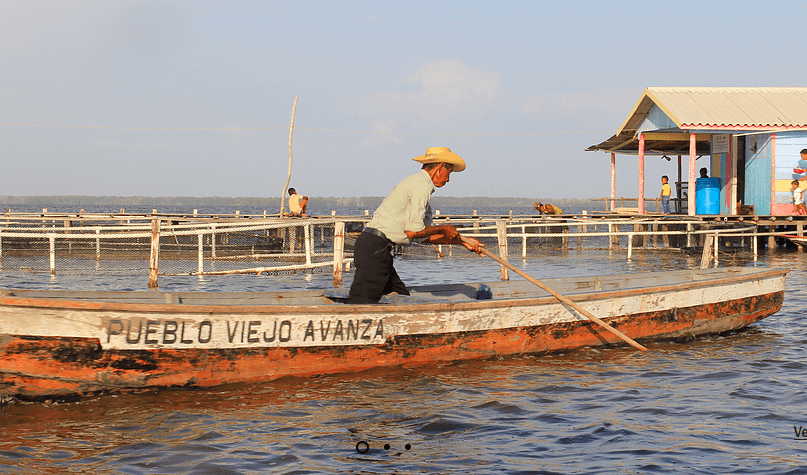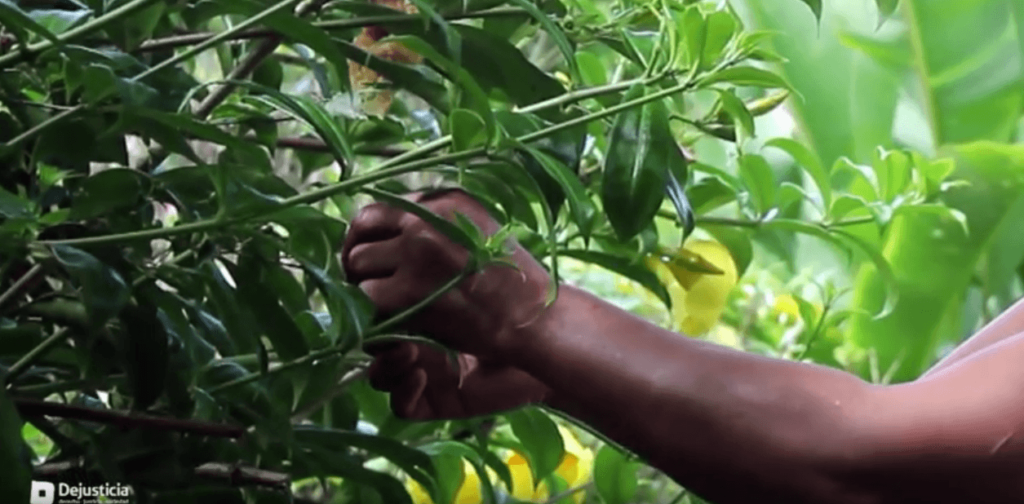News
LATEST IN COLOMBIA

News
The weakness of a strong state
By Mauricio García Villegas |
The great majority of Colombians chose Alvaro Uribe as their president because they wanted a strong state. That state ended the idle pursuit of peace with subversion and ended the unworthy situation of the people by putting them into a relaxed atmosphere. After two years of Uribe government, the dignity of the state has once again found itself at rock bottom, this time caused by the process of peace of the Holy Faith of Ralito. Before the paramilitary, the Uribe government seemed as weak as or weaker than that of Pastrana in front of guerrilla warfare. Where is this promise of a strong state?
The problem with the State’s judicial defense system
By Rodrigo Uprimny Yepes |
According to Rodrigo Uprimny, an investigator at Dejusticia, the Colombian state which is one of the most frequent users of the judicial system is acting as a novice that loses many processes that it should have won. Uprimny quotes Diego López and Helena Alviar stating that the defense of the state should be “more modern and more efficient from a bureaucratic point of view and more democratic and inclusive from a social point of view”.
The Justice Reform
By Mauricio García Villegas |
An investigator with DeJuSticia, Mauricio García V. alerts about the justice reform and the possiblity of converting the 1991 Constitution into a practicable constitution.
The True Judicial Activism: The Supreme Court of the United Status establishes limits on the fight on terrorism
By Helena Alviar García |
In a democracy, what are the limits of power of the executive to confront terrorism? Can a democracy, even when fighting terrorism, detain people indefinitely without access to a lawyer and without the guarantee of judicial review of the cause of his detention? The Supreme Court of the United States resolved these questions in two cases: Hamdi v. Rumsfeld and Rasul v. Bush. The opinions of the Supreme Court demonstrate that a democracy requires minimum guarantees that cannot be limited even in extreme circumstances, as in the current one, ‘the fight against terrorism’. These opinions are important within a Colombian context for two reasons. In one way, they show that in a democratic system there is a division of powers as in the system of breaks and counterweights which is designed to avoid the total control of one branch of government. In these cases in particular, the judicial branch kept the executive power from being excessive and thus guaranteed the efficient exercise of fundamental rights. On the other hand, the opinions show that even the fight against terrorism has constitutional limitations that cannot be violated.
The United States-Colombia Free Trade Agreement and Labor Rights
By César Rodríguez Garavito |
César Rodríguez, a member of the Sociology Department of the University of Wisconsin-Madison, completed an analysis of the labor rights within the scope of the United States-Colombia
Free Trade Agreement.
Venezuela after the Recall Referendum of 2004
By Juan Fernando Jaramillo |
Written by the constitutionalist, Juan Fernando Jaramillo: After the results of the recall referendum, the opposition should recognize the legitimacy of the Chávez government.
I don’t care if they call me a dictator.
By Dejusticia |
During his six years in office, Bukele has consolidated his power, paving the way to become the dictator he appears to be announcing himself as.
NGOs at risk of global extinction
By Dejusticia |
How can non-governmental organizations transform themselves? What were they like when they did not depend on international funding?
Colombia: going back to the original balance of justice
By Paola Molano Ayala |
There is a crucial aspect of Colombia’s transitional justice model that is worrying: the current inability of the Special Jurisdiction for Peace (JEP) to offer legal security to those who participated in the conflict, including in human rights violations, and have not been identified as among the most responsible. And making sure they also contribute to the satisfaction of the rights of the victims. The JEP must avoid keep moving towards maximalist approaches and go back to the balance in the Peace Agreement.
Elementa DD.HH. y Dejusticia presentamos un amicus en el proceso que adelanta el Asocazul y Cajar por afectaciones derivadas de aspersiones con glifosato
By Dejusticia |
El glifosato causó daños irreversibles a los campesinos del sur de Bolívar y el Estado debe repararlos. Así lo argumentamos en una intervención ante el Consejo de Estado.
Colombia must obtain resources to guarantee the right to health of Venezuelan migrants: Constitutional Court
By Santiago Ardila Sierra |
The high court protected the right to health of two undocumented Venezuelans and requested the government to advance as “expeditiously and effectively as possible” towards the full realization of migrants’ right to health, regardless of their immigration status. Dejusticia intervened in the case.
Dejusticia intervenes in defense of Venezuelan migrants’ right to health
By Dejusticia |
The Constitutional Court invited Dejusticia to present their legal opinion on two cases concerning the right to health of people coming from Venezuela.
The long wait of the JEP ahead of the decisions of the Constitutional Court and Congress
By Dejusticia |
In the last six months civil society organizations, such as Dejusticia, have called on both institutions to give free rein to the norms that consolidate the Special Jurisdiction for Peace.
Case of indigenous people of Bojayá who could not vote in the plebiscite is about to reach the Court
By Mauricio Albarracín |
Through a tutela, a group of Emberá claimed their rights to political participation and equality, because their economic situation and how far they live made it impossible for them to move to endorse the Peace Agreement. Dejusticia, human rights organizations, and indigenous leaders asked the High Court to review the case.
The Constitutional Court has the last word to save the Ciénaga Grande of Santa Marta
By César Rodríguez Garavito |
The environmental crisis of this ecosystem led fishermen to pursue a legal battle that reached the High Court. In this intervention, we support their demand that environmental authorities take urgent measures to stop the disaster and thus, protect their rights to healthy environment, dignified life and work.
Gender focus in rural reform is important but insufficient
By Ana Jimena Bautista |
The Gender-in-Peace Working Group -GPAZ, a group of which Dejusticia is a member, took part in the Public Hearing convened by the Constitutional Court, within the framework of the informal constitutional review of Decree 902 of 2017 “to facilitate the implementation of the Comprehensive Rural Reform contemplated in the Final Land Agreement, specifically the procedure for access and formalization and the Land Fund.”
Stories
From The Territory
We travel with 20 indigenous activists of the world to the heart of the Sierra Nevada de Santa Marta. Listen to this story about the Kankuama Resistance.
Dejusticia's
Documentaries
Discover some of the documentary pieces that we have made. Indigenous resistance, migration of Venezuelans to Colombia and stories of women coca growers, are some of our topics of interest.
